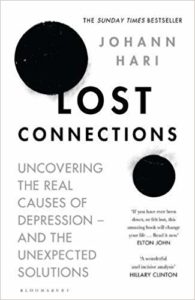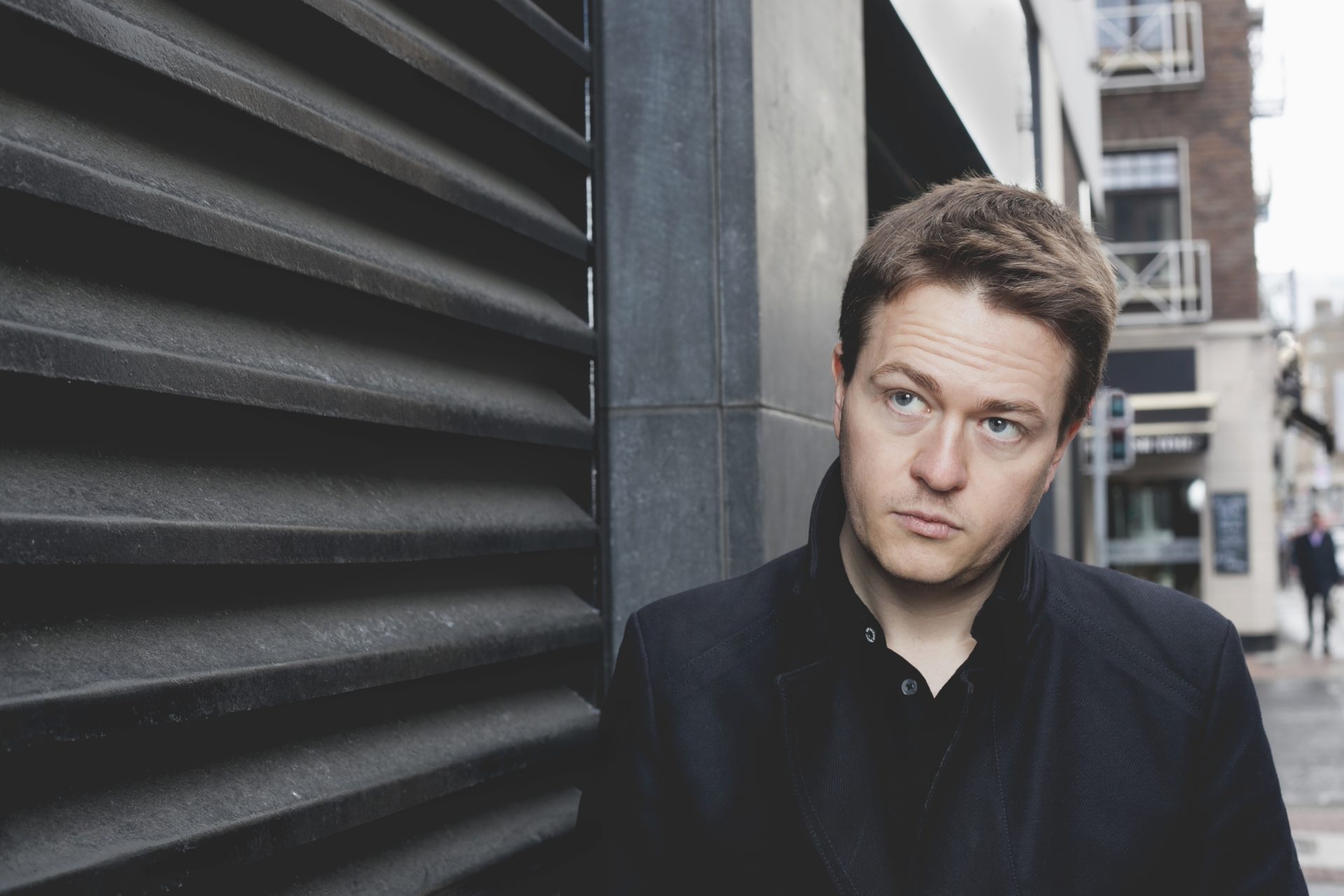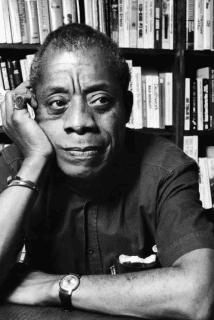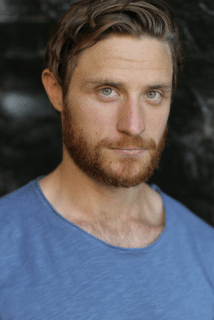Why the fight for gay marriage inspires the fight against depression
Mental Health
An extract from Johann Hari's best-selling book on depression and anxiety, Lost Connections. In it he recalls how an early and defiant voice on gay marriage continues to inspire his work.
I was conscious, as I thought back over these seven provisional hints at solutions to our depression and anxiety, that they require huge changes—in ourselves, and in our societies. When I felt that way, a niggling voice would come into my head. It said—nothing will ever change. The forms of social change you’re arguing for are just a fantasy. We’re stuck here. Have you watched the news? You think positive changes are a-coming? When these thoughts came to me, I always thought of one of my closest friends.
In 1993, the journalist Andrew Sullivan was diagnosed as HIV-positive. It was the height of the AIDS crisis. Gay men were dying all over the world. There was no treatment in sight. Andrew’s first thought was: I deserve this. I brought it on myself. He had been raised in a Catholic family in a homophobic culture in which, as a child, he thought he was the only gay person in the whole world, because he never saw anyone like him on TV, or on the streets, or in books. He lived a world where if you were lucky, being gay was a punchline, and if you were unlucky, it got you a punch in the face.
So now he thought—I had it coming. This fatal disease is the punishment I deserve.
For Andrew, being told he was going to die of AIDS made him think of an image. He had once gone to see a movie and something went wrong with the projector, and the picture went all wrong—it displayed at a weird, unwatchable angle. It stayed like that for a few minutes. His life now, he realized, was like sitting in that cinema, except this picture would never be right again.
Not long after, he left his job as editor of one of the leading magazines in the United States, the New Republic . His closest friend, Patrick, was dying of AIDS—the fate Andrew was now sure awaited him. So Andrew went to Provincetown, the gay enclave at the tip of Cape Cod in Massachussetts, to die. That summer, in a small house near the beach, he began to write a book. He knew it would be the last thing he ever did, so he decided to write something advocating a crazy, preposterous idea—one so outlandish that nobody had ever written a book about it before. He was going to propose that gay people should be allowed to get married, just like straight people. He thought this would be the only way to free gay people from the self-hatred and shame that had trapped Andrew himself. It’s too late for me, he thought, but maybe it will help the people who come after me.
When the book— Virtually Normal —came out a year later, Patrick died when it had only been in the bookstores for a few days, and Andrew was widely ridiculed for suggesting something so absurd as gay marriage. Andrew was attacked not just by right-wingers, but by many gay left – wingers, who said he was a sellout, a wannabe heterosexual, a freak, for believing in marriage. A group called the Lesbian Avengers turned up to protest at his events with his face in the crosshairs of a gun. Andrew looked out at the crowd and despaired. This mad idea—his last gesture before dying—was clearly going to come to nothing.
When I heard people saying that the changes we need to make in order to deal with depression and anxiety can’t happen, I imagine going back in time, to the summer of 1993, to that beach house in Provincetown, and telling Andrew something: Okay, Andrew, you’re not going to believe me, but this is what’s going to happen next. Twenty-five years from now, you’ll be alive. I know; it’s amazing; but wait—that’s not the best part. This book you’ve written— it’s going to spark a movement. And this book—it’s going to be quoted in a key Supreme Court ruling declaring marriage equality for gay people. And I’m going to be with you and your husband the day after you receive a letter from the president of the United States telling you that this fight for gay marriage that you started has succeeded in part because of you. He’s going to light up the White House like the rainbow flag that day. He’s going to invite you to have dinner there, to thank you for what you’ve done. Oh, and by the way—that president? He’s going to be black.
It would have seemed like science fiction. But it happened. It’s not a small thing to overturn two thousand years of gay people being jailed and scorned and beaten and burned. It happened for one reason only. Because enough brave people banded together and demanded it.
Every single person reading this is the beneficiary of big civilising social changes that seemed impossible when somebody first proposed them. Are you a woman? My grandmothers weren’t even allowed to have their own bank accounts until they were in their forties, by law. Are you a worker? The weekend was mocked as a utopian idea when labour unions first began to fight for it. Are you black, or Asian, or disabled? You don’t need me to fill in this list.
So I told myself: if you hear a thought in your head telling you that we can’t deal with the social causes of depression and anxiety, you should stop and realise—that’s a symptom of the depression and anxiety itself.
Yes, the changes we need now are huge. They’re about the size of the revolution in how gay people were treated. But that revolution happened. There’s a huge fight ahead of us to really deal with these problems. But that’s because it’s a huge crisis. We can deny that—but then we’ll stay trapped in the problem. Andrew taught me: The response to a huge crisis isn’t to go home and weep. It’s to go big. It’s to demand something that seems impossible—and not rest until you’ve achieved it.

Lost Connections
To give it it's full title, 'Lost Connections: Uncovering the Real Causes of Depression - and the Unexpected Solutions', is the bestselling book by Johann Hari.
www.amazon.co.uk
Join The Book of Man
Sign up to our daily newsletter for the most progressive men's stories around...
Trending

Join The Book of Man
Sign up to our daily newsletters to join the frontline of the revolution in masculinity.

















